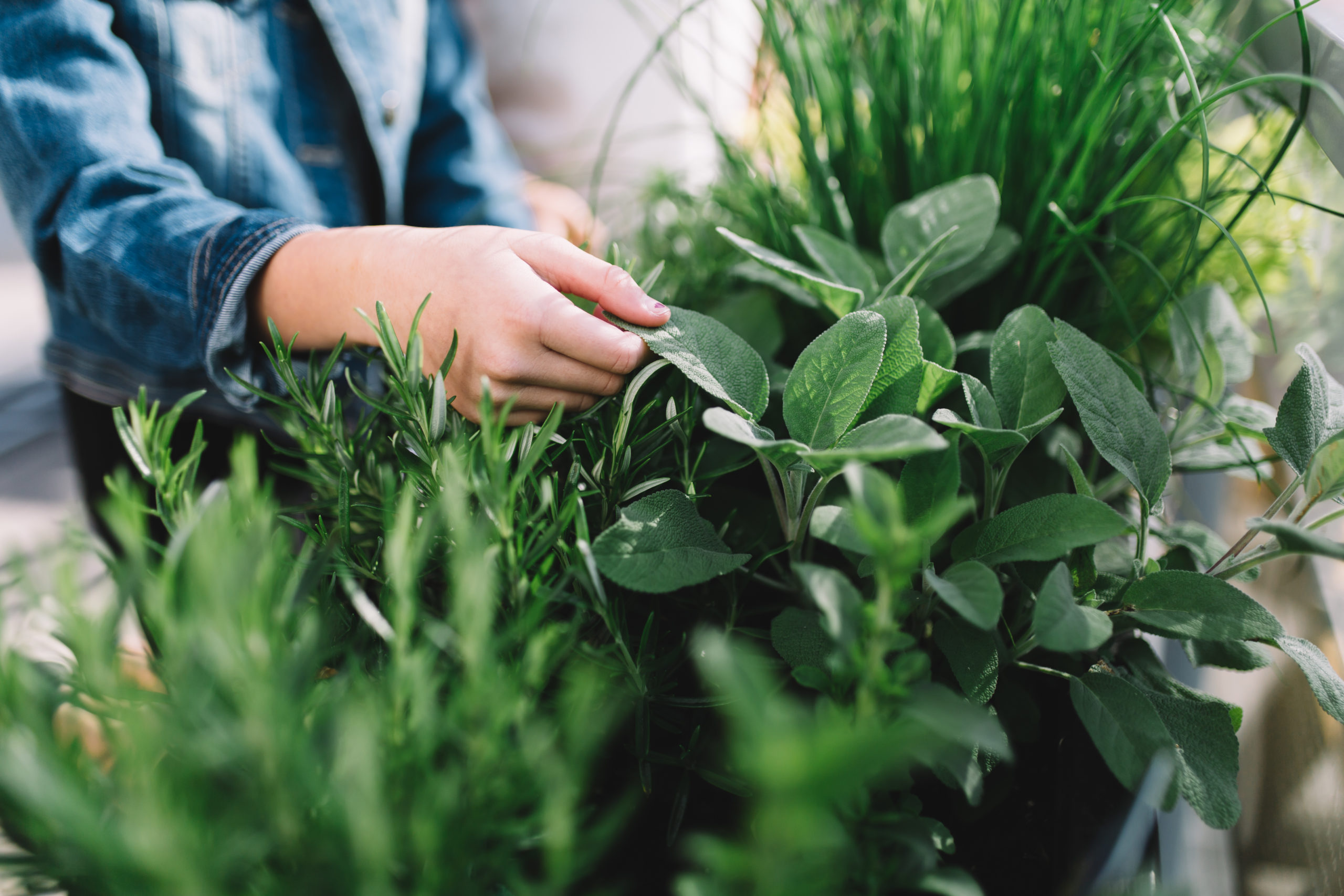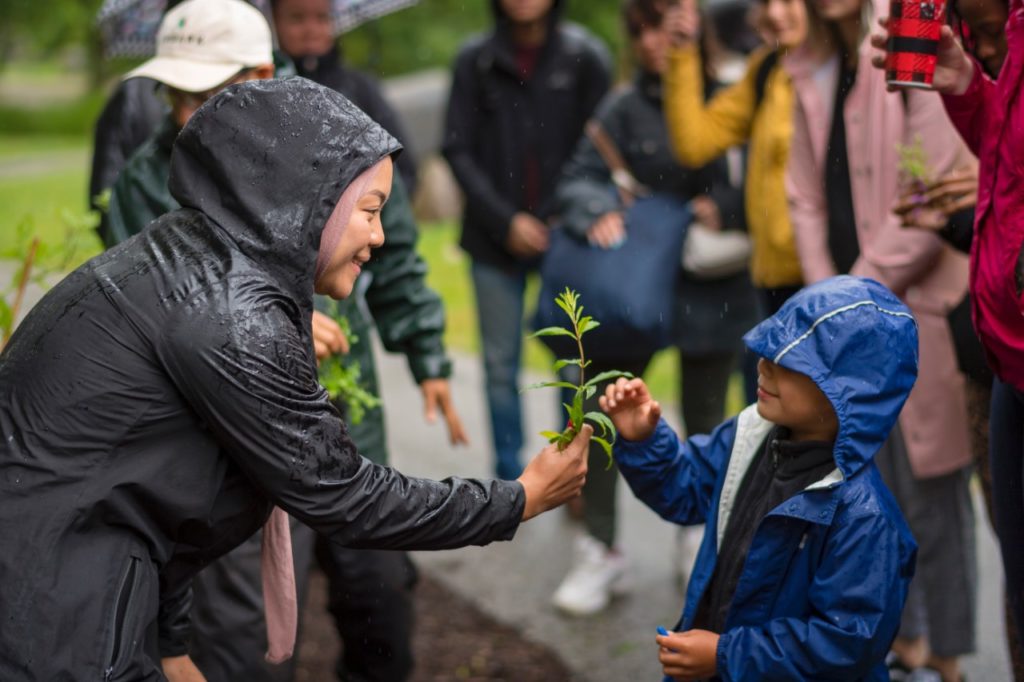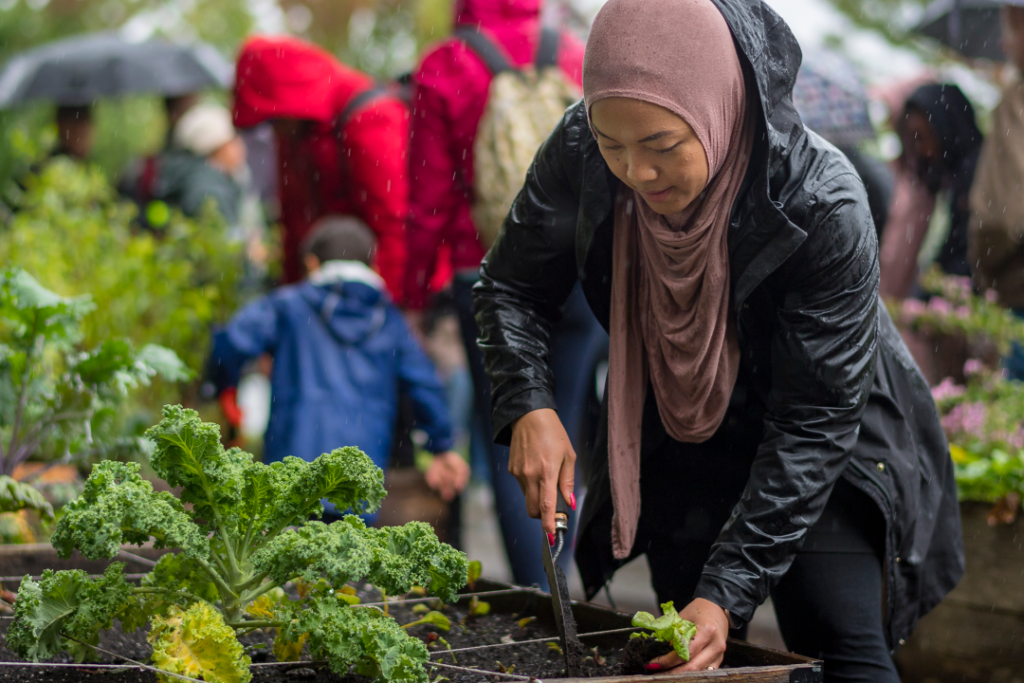This article is powered by Concert Properties, presenting sponsors for Science World’s feature exhibition Towers of Tomorrow, empowering us to explore the intersection of urban planning and community collaboration.
The pandemic has caused global food-supply disruptions and experts have reported an acceleration in the crisis of food insecurity. Last week, the UN World Food Programme received the Nobel Peace Prize for its efforts to increase relief and reach 40 million more people than planned pre-COVID-19.
In response, the program's Executive Director David Beasley said, “Until the day we have a medical vaccine, food is the best vaccine against chaos.”
But critics argue that international-aid-model food programs perpetuate vulnerability by sourcing supplies from a reactive global market. Instead, they say, efforts should be refocused on strengthening local food systems within our own communities.
Food as Relation
In 2016, Dr. Tammara Soma co-founded Canada’s first social innovation lab to tackle the issue of food waste through a lens of food justice and reconciliation. “We’re focused on not burdening the populations that are already marginalized and on not bringing more band-aid type solutions.”



